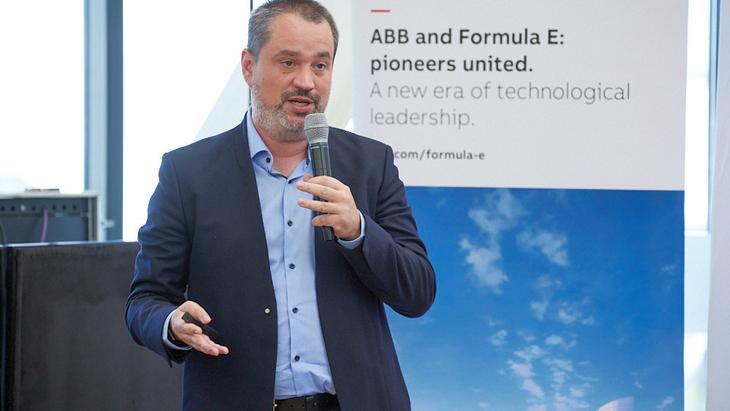When talking about solutions with zero environmental impact, the future belongs to the electric motor, but we always have to check the way we extract the raw material and the entire production chain, said Alexandru Șeremet, PR manager of BMW Romania, during the „Smart Cities – What we can do today” conference, organized by Energynomics..
“The electric motor can be powered by two solutions, using batteries or fuel cells and hydrogen, or by a mix of the two. BMW has hydrogen-powered model solutions. At the same time, the internal combustion engine can remain an alternative to zero emissions. On the one hand, instead of gasoline, hydrogen can be burned — and BMW has had this idea for over 30 years and has had fleets of test cars to do so. Another interesting medium-term solution that has become a market option last year is e-fuels, fuels based on CO2 captured from the atmosphere, using renewable energy, ideally. Basically, gasoline is created by removing carbon dioxide from the atmosphere in an overall CO2-neutral cycle. There are manufacturers in the U.S. that offer such fuel at competitive prices with classic fuel. Even at EU level there is already the intention to ensure a share of e-fuels in the future”, said Alexandru Șeremet.
“At the same time, the electric car is not an end in itself. The goal is to protect the environment. We need to look carefully at the whole life cycle [in electric mobility], from the extraction of raw materials to their use. That’s why in the car manufacturers’ world we will hear some keywords like ‘circular economy’. For example, 30% of the materials used by BMW are recycled materials. The goal is to reach 50% by 2030,” he said. However, some clarification is needed: when recycling a particular material requires very high energy consumption, the idea of recycling is no longer as relevant. That’s why another important buzzword about how we can offer customers a clean car is ‘design to recycle’. That is, a car designed from the very beginning so that it can be easily recycled. Thus, to be honest with the public, we must not only look at electrification but also at how we offer those electric cars. In a statement by the CEO of the BMW Group last year, it was very clear that if we produce electric cars like conventional ones, the environmental impact is increasing. We are reducing emissions in cities, but in order to produce cars, the environmental impact will be greater than now. That’s why a truly green car is not necessarily an electric car, because we also need to look at how we extract the raw material,” he added.
DOWNLOAD THE PRESENTATION OF COSMIN VAJKOVSZKI
He also said that the BMW Group is the first manufacturer to use 100% green energy in production since 2020, and from 2021 all its production centres are carbon neutral.
Șeremet also referred to as vehicle-to-grid solutions that can turn electric cars from a challenge into an opportunity for the grid. The effort to have an infrastructure that allows this is colossal. It certainly can’t be done in two or three years. Such a transformation requires a very clear long-term vision, which will then be implemented over time,” Șeremet said.
The conference “Smart Cities – what we can do today” was organized by Energynomics, with the support of our partners ABB, Automobile Bavaria Group, Consolight, Eaton Electric, Enel X, Flash Lighting Services, LAPP Romania, Phoenix Contact, REI Group, Sixt, Signify.

